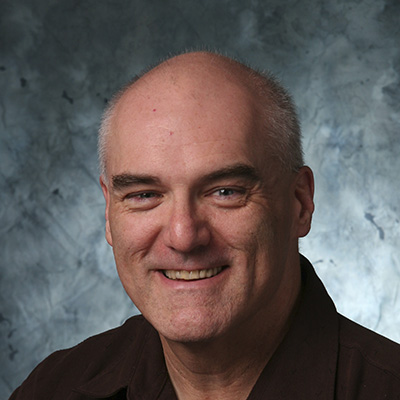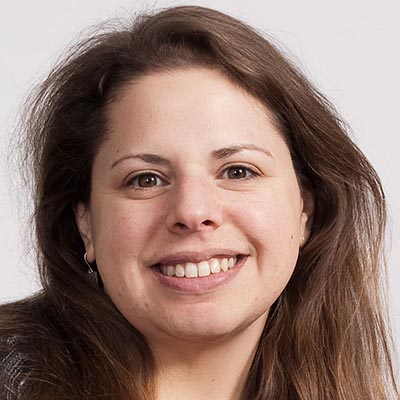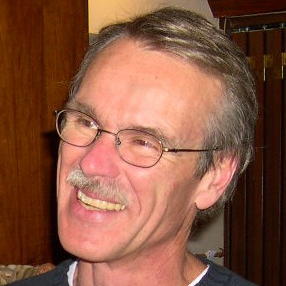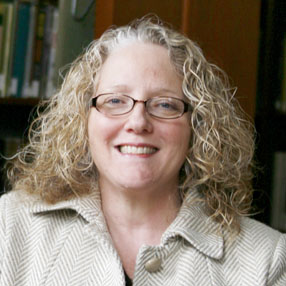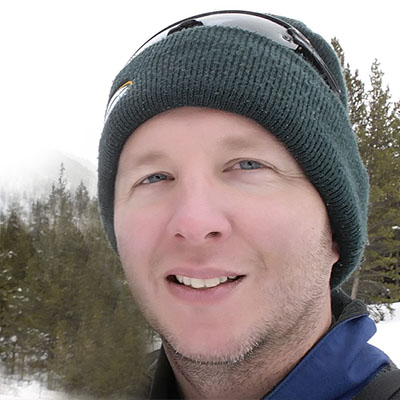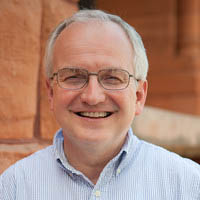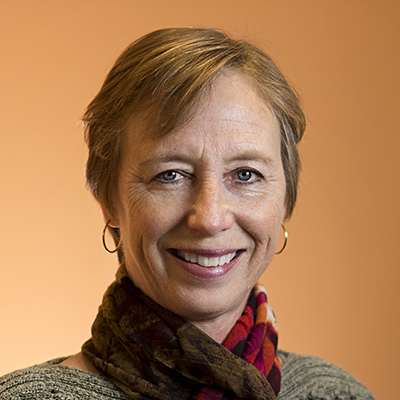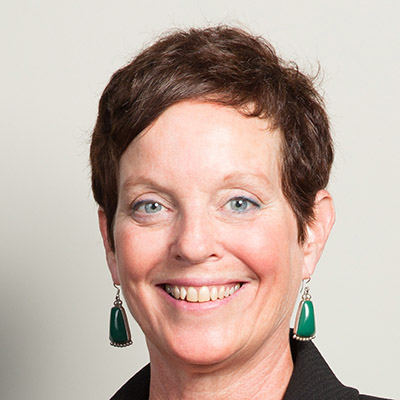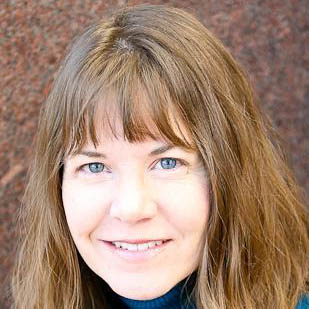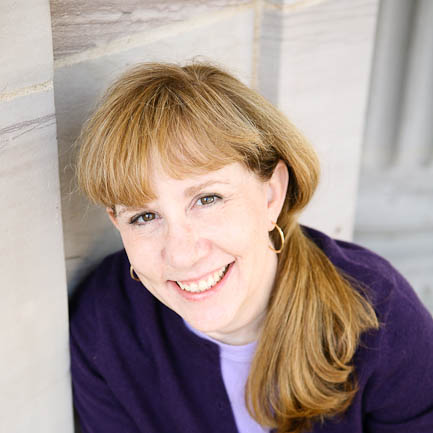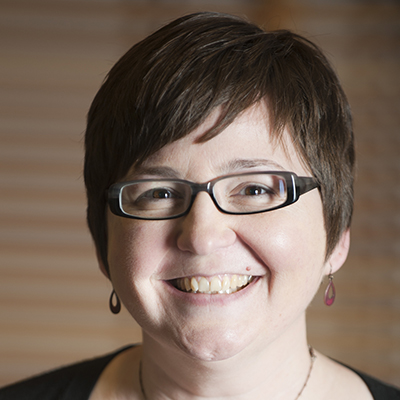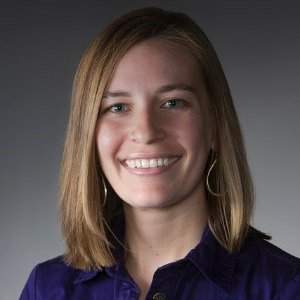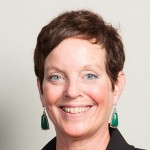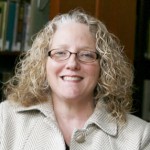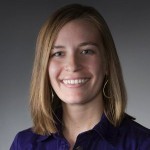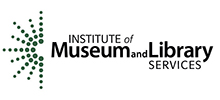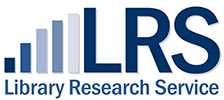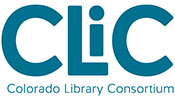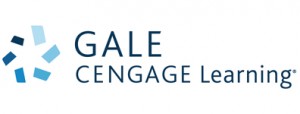Research Institute for Public Libraries
July 27-30, 2015 in Colorado Springs
Overview
75-100 participants will engage in three days of hands-on, intensive workshops about…
Evaluation design and implementation
Data collection and use for strategic planning
Measures for reporting library impact
Tips for aligning research efforts with national initiatives like Edge Benchmarks and the Impact Survey
Participants will walk away from RIPL with tools for evaluation, confidence in building research into their activities, and a network of colleagues for future learning and success.
Participants
RIPL participants work in public libraries and are …
interested in getting started using data for savvy and strategic planning.
looking for both inspiration and instruction in a hands-on, participatory environment.
seeking to learn about outcomes and how to measure library impact.
committed to leading their organizations in making data-based decisions.
eager to develop a peer network to support research and evaluation efforts.
Keynotes
George Needham
Lee Rainie
Speakers
Carolyn Anthony
Samantha Becker
Carson Block
Michael Crandall
Denise Davis
Dave Hodgins
Linda Hofschire
Elizabeth Kelsen Huber
Keith Lance
Jamie LaRue
Zeth Lietzau
Rochelle Logan
Danielle Milam
Sharon Morris
Nicolle Steffen
Rebecca Teasdale
Meghan Wanucha
Program
Dinner & Keynote: What Research Wants
Creating Your Library’s Data Roadmap
Assessing Community Needs
Breakout: Know Your Community: Using Demographic Data to Inform Planning
Breakout: How to Listen to Your Community with Interviews and Focus Groups
Moving Toward Outcomes
Why Are You Doing What You’re Doing? Outcomes-Based Evaluation for Planning and Impact
An Exclusive Evening with EBSCO: Reader, Seeker, Socialite, Informavore: Digital Habits of Public Library Patrons
Survey Design and Administration
Breakout: Building with a Purpose: Making Online Survey Tools Work for You
Breakout: Zen and the Art of Excel
Breakout: Monster Mash-ups with Library Data
Finding Your High Water Mark: Benchmarking to Set a Course for Your Library
Data Use for Strategic Planning, Management, and Communication with Stakeholders
Sandbox: Playing with Data for $1 Million Results
Data Visualization for the Rest of Us: A Beginner’s Guide
Breakout: Unlocking the Mysteries of Web Analytics
Breakout: Data Visualization 201: Infographic Design and Data Mapping
Breakout: Telling the Library Story
Lunch & Closing Keynote: What’s Next?!
Location
Leadership Team
Nicolle Steffen: Director, Library Research Service, Colorado State Library
Linda Hofschire: Research Analyst, Library Research Service, Colorado State Library
Sharon Morris: Director, Library Development, Colorado State Library
Elizabeth Kelsen Huber: Assistant Director, Colorado Library Consortium
Leadership Team and Planning Committee
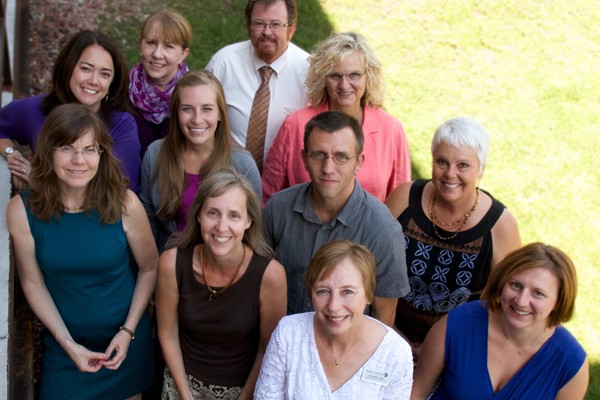
Advisors
Representatives from the following organizations guided RIPL’s development:

